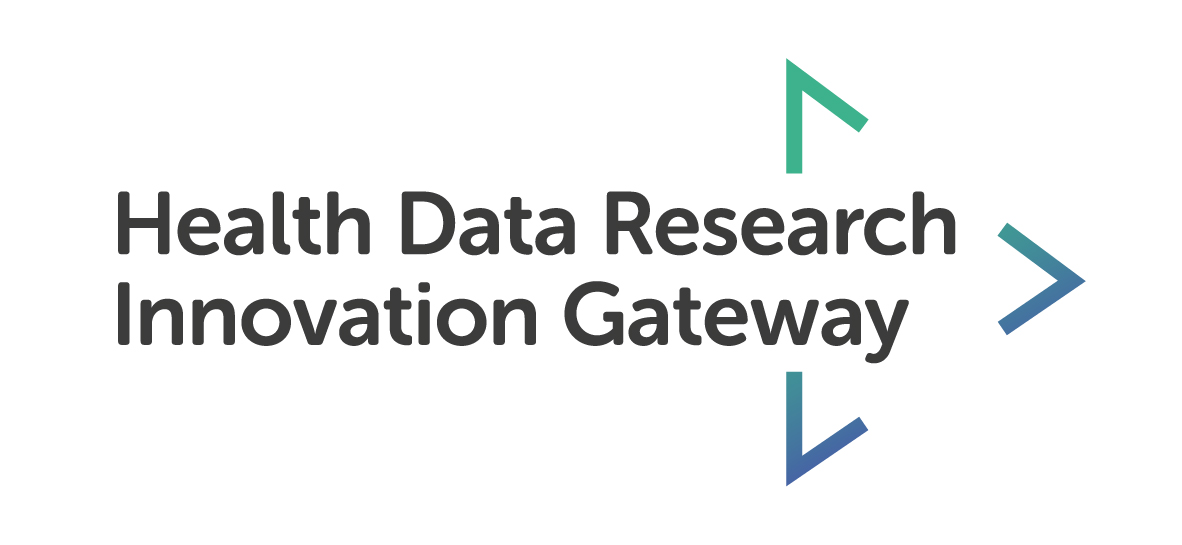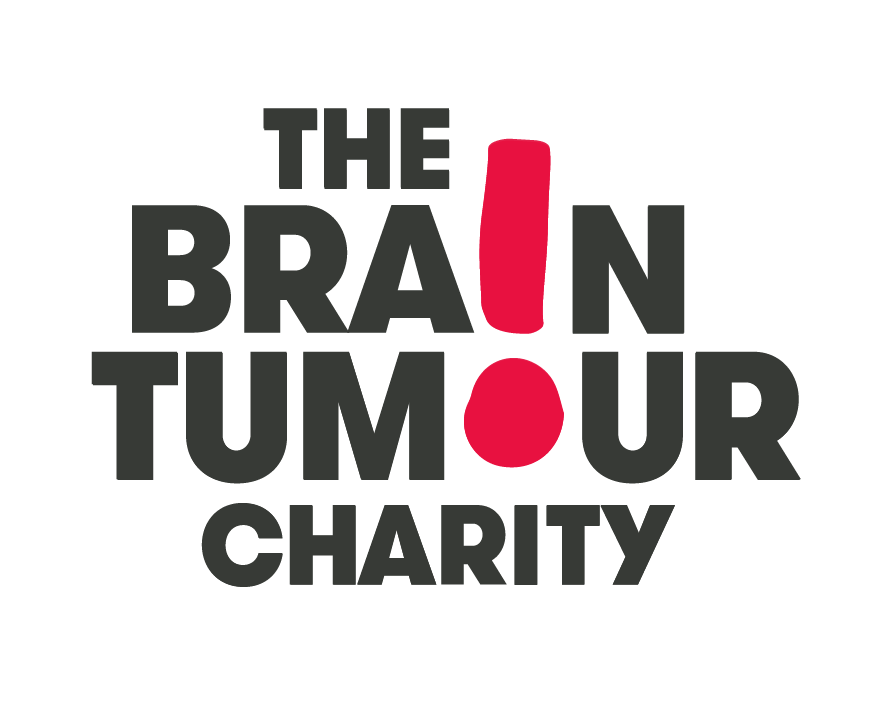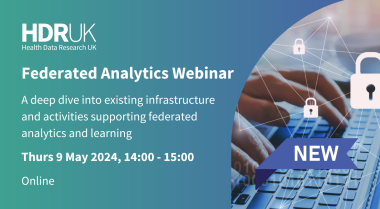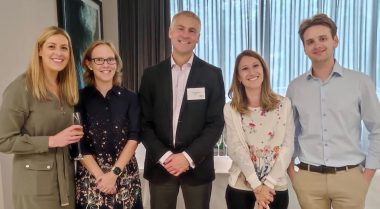Embracing the power of health data across the charity sector
25 November 2022 | Author: Ruth Milne, Communications Manager, Infrastructure and Services
At Health Data Research UK we work together with a number of charities (as well as other organisations) to achieve our mission. We invited two of those charitable partners – the Brain Tumour Charity, along with its new subsidiary Medli Health, and the BHF Data Science Centre – to our final Data Access and Discovery webinar of 2022 to learn more about how they are utilising and investing in the power of health data science to progress research.
The value of charitable investment in research
Funding from charitable organisations is an essential component of the UK’s health and life sciences sector. In their 2022 Research Expenditure Briefing, the Association of Medical Research Charities (AMRC) reported that in 2021 medical research charities spent £1.55 billion on research out of a total charitable investment of £2.4 billion. This funded 20,000 researchers’ salaries and over 1000 clinical trials to help improve our understanding and treatment of conditions like cancer, cardiovascular disease, dementia and rear diseases.
Collaboration makes research happen
Charities are clearly a vital part of the UK’s health and research landscape, but it’s collaboration across all sectors – charity, public and industry – that leads to ground-breaking research and innovation that changes people’s lives for the better, with each sector and organisation bringing their own unique experience and perspective. How these sectors come together to make research happen in the UK is brilliantly explained in this animation by the AMRC.
Collaboration lies at the heart of everything we do at Health Data Research UK. We are a registered charity ourselves, supported by 10 funders and our work spans academia, healthcare, industry, charities plus patients and the public. We collaborate across our multiple locations, working as one national institute, to unite the UK’s health and care data to enable discoveries that improve people’s lives.
Uniting (charity) health data
One the ways we are uniting health data is through the Health Data Research Innovation Gateway – a platform to search, discover and request access to UK health datasets, and improve transparency in the use of health data for research.

The Gateway is delivered in partnership with the UK Health Data Research Alliance – a network of healthcare and research organisations united to establish best practice for the ethical use of UK health data for research at scale. Approximately 20% of Alliance members are registered charities, including the Cystic Fibrosis Trust, Parkinson’s UK and the Renal Association. To date, our charity partners have made close to 100 dataset descriptions available on the Gateway, including information on how researchers can apply to access the data.
Recently, we invited two charitable organisations (and Alliance members) to join our final Data Access and Discovery webinar of 2022 to discuss how they are utilising and investing in the power of health data science to progress research: the British Heart Foundation Data Science Centre and the Brain Tumour Charity.
The British Heart Foundation Data Science Centre
Senior Health Data Scientist, John Nolan, discussed the work of the BHF Data Science Centre’s health data science team, focusing on how they support the work of the CVD-COVID-UK/COVID-IMPACT Consortium.

CVD-COVID-UK/COVID-IMPACT is an inclusive, open and transparent consortium working collaboratively to understand the impacts of COVID-19 on health through the analysis of de-identified, linked, nationally collated, population-wide electronic health records (EHR) in secure trusted research environments (TREs) across the four nations of the UK.
The consortium has over 320 members, including 90 accredited researchers working with over 70 datasets on a wide variety of projects across the TREs. The health data science team aims to support the work of researchers by providing resources which help users understand, use, and combine these datasets to meet the needs of their projects. These resources include:
- comprehensive data dictionaries for all datasets which allow users to interpret data
- data summaries which provide details of data coverage and completeness
- data insight notebooks which communicate the ‘need to know’ information researchers should be aware of before using a dataset
- code demos to assist researchers working with new software in unfamiliar TREs
The main motivation of the team is to reduce the time and effort taken to reach the final analysis phase of a project. The team works alongside researchers to develop robust and re-usable data curation pipelines, which bring together the required data sources into a final analysis ready dataset. Typical stages of a data curation pipeline include code-list development, data cleaning, cohort selection, quality assurance, and identification of patient characteristics, covariates, exposures and outcomes.
On attending the webinar, John said:
“Many thanks for the opportunity to present at the webinar, it was great to meet the other speakers and organisations, learn about their work and how it might overlap with what we’re doing. Looking forward to more discussions!”
The Brain Tumour Charity
 The Brain Tumour Charity’s Chief Technology Officer, Fiachra Woodman, discussed the BRIAN app – which allows patients to record their entire brain tumour experience in one place, adding symptoms, treatments, side effects, appointments and much more.
The Brain Tumour Charity’s Chief Technology Officer, Fiachra Woodman, discussed the BRIAN app – which allows patients to record their entire brain tumour experience in one place, adding symptoms, treatments, side effects, appointments and much more.
The app has revolutionised how patients and carers record Patient Recorded Outcome Measures (PROMS) data and collaborate as a community. Anonymised data recorded in the BRIAN app can be accessed by researchers to better understand patient experience and to drive forward research into brain tumours and accelerate progress towards a cure.
Fiachra was joined by Andrew Short, the Managing Director of Medli Health, a health tech start-up transforming the future of health data by connecting charities and patients with clinical trials, academic research, life sciences, and the broader health ecosystem. Andrew discussed the Medli platform, which builds on the success and essence of the BRIAN app across multiple therapeutic areas. Through real-world, anonymised patient data, including access to national datasets, Medli provides new levels of intelligence and the critical insights required to unlock the power and future of proactive patient health.
On attending the webinar, Andrew said:
“I was appreciative of the platform to share Medli Health’s journey to date and our mission to transform patient health with data innovation and insights.”
Thanks to all our guest speakers and panellists for a great online session!
Further information and resources
About the AMRC
The Association of Medical Research Charities (AMRC) is a membership organisation dedicated to supporting medical research charities in saving and improving lives through research and innovation. The AMRC brings together and supports health and medical charities to produce high-quality research by influencing policy and research and highlighting the sector’s contribution to patient and public health.
About the Brain Tumour Charity
The Brain Tumour Charity is the world’s leading brain tumour charity and the largest dedicated funder of research into brain tumours globally. With a strategy focussed on harnessing the power of data, driving the best care everywhere, and empowering the community to drive change, BTC’s vision is to create a world where brain tumours are defeated.
About Medli
Medli is a no-code, customisable Software as a Service (SaaS) platform providing fast adoption and time to market. Medli does the building so its user can focus on what they do best, improving lives and patient outcomes. For more information, please visit medlihealth.com or contact Andrew Short, MD at andrew@medlihealth.com to schedule a time to connect and learn more about its capabilities.
Data Access and Discovery webinar resources
Watch the recording and access the slides from our charity-themed session, including a Q&A with additional guest panellists.
Charity datasets Collection on the Gateway
Explore some of the dataset descriptions our charity partners have made available on the Gateway in this Collection.
We look forward to collaborating more with our existing and future partners across the charity sector to transform how health and care data in the UK is used at scale to accelerate research and improve patient outcomes.



